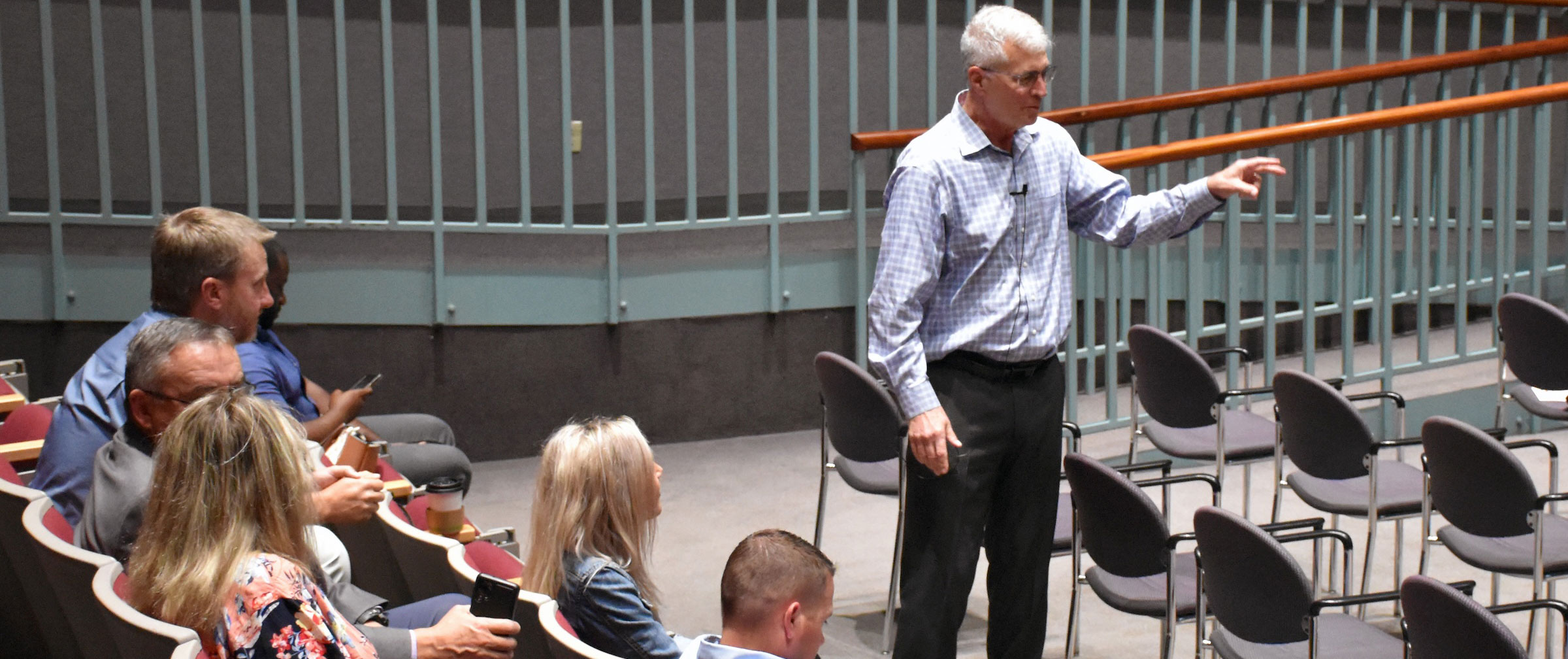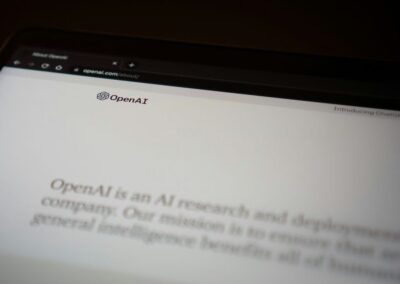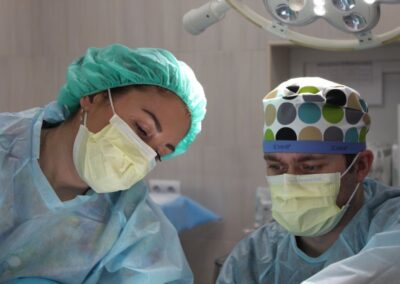The Role of a Physician
The transition for some from a calling to a profession to a job
At a recent health care conference I was facilitating a panel of medical executives on the topic of leadership. We were challenged by an attendee to comment on the following: “Some believe that the true motivation for pursuing a career as a physician has changed over the years: In the past, such a journey was considered a calling. Then over time it became a profession. For many it is now just a job. Is this transition from calling to profession to job actually occurring? And if it is, what are the implications for present and future physicians?”
Everyone on the panel temporarily wished they were somewhere else as they pondered this topic.
As we developed some responses, we began with the basic definitions:
Calling- a strong inner impulse toward a particular course of action, especially when accompanied by conviction that can sometimes be spiritual or religious
Profession- a principal vocation, or employment
Job- a specific duty, role or function
I believe that when I was in medical school, the great majority of us thought that becoming a physician was truly a response to a personal calling. I certainly did. We were attending medical school for a reason, and becoming a physician was bigger than any one of us individually. There was an overall sense of conviction and for many, and it definitely took on a spiritual role for some. Taking care of patients was a privilege not to be taken lightly. The Hippocratic oath was the ultimate expression of that commitment, and many of us recall tears rolling down our cheeks as we recited that ancient oath together. Certain responsibilities associated with the job such as working long hours and on-call time were simply accepted as part of the life of being a physician. A doctor dedicates his/her life to advancing the art and science of medicine, serving patients and relieving suffering. We would care for whoever came sought our skills. As Hippocrates said, “Cure sometimes, treat often, comfort always.”. Yes, our life would be forever changed.
Then somewhere along the line some physicians started thinking differently. Although the medical field was accepted as very demanding and encompassing, there was definitely a limit to the feeling of conviction, spirituality and life role. Family life was valued and many physicians were tired of missing out on the life of their children. Too many children of physicians thought that they never knew their parent. There had to be a healthy balance between home life and work. Granted, like many other professions, the field of medicine would require lifelong training and dedication, and many hours away from family and friends, but it did not comprise one’s entire life. There must be some way that a physician could dutifully serve patients, but at the same time not consume one’s life in the process.
The philosophy around arduous responsibilities such as on-call began to change. Maybe these were not an expected part of being a physician, and maybe one should either question the need to do so, or at least be compensated for the time. The profession may be demanding, but there was also an “off button” that those who considered their work a calling could never take advantage of. And thus for many, medicine lost its calling and became a profession. A wonderful profession, but a career short of a calling. But despite this change for some, the care given remained excellent.
As time went on, several key specialties in medicine developed regular, predictable hours. Fields such as emergency medicine, hospital medicine, laborist medicine, etc., sprang up across the country. Many physicians opted for job sharing and part time positions. Family leave for both sexes became commonplace. Many physicians became employed by hospitals and other organizations. Physicians were given a salary or paid by the hour. Physicians began to demand additional compensation for on-call for hospitals and other duties outside of the specific walls of their practice. Even in traditional specialties, hours were adjusted and reduced and it became politically correct not to see certain patients or participate in certain networks. Thus, for some, medicine was reduced to a job, “a specific duty, role or function”. Yes, one would work very diligently and hard in that job, but when it was over, it was over. Medicine became more of a business.
I certainly do not believe that this transition has involved all physicians, but most physicians do look at the field very differently than previously. This is not necessarily a bad thing. In a way, it may simply be a realistic way of looking at what could be considered a boundless field. There is nothing wrong with doing a difficult job very well. Medicine was probably never meant to be a calling for everybody. Despite these transitions, patients are receiving excellent care, and medicine is still a very rewarding field. Maybe the calling will forever go away, now being replaced with specific hours and duties– the job of being a physician.
But I think not. The human element and Hippocrates will prevail.
In my case, even though some in the field may be changing, I still believe that my becoming a physician was part of a calling, even if I am not actively seeing patients now. I take my work, my speeches and presentations to hospitals and physicians, very seriously. I am called to educate and help effect transformation to an even better health care system. This calling is the source of my enthusiasm and a fundamental reason that I am successful in what I now do. This calling allows me to speak honestly, from the heart, and is a constant reminder to me that the field of medicine is bigger than any one of us.
Maybe it has changed for some, but for me and my works, it will always be a calling– a fervent desire to improve care and relieve suffering, even if I now do it indirectly by teaching physicians, administrators and the entire health care team.
Yes medicine has changed, hopefully for the better, but change it will. No matter whether you consider the field your calling, your profession, or your job, always remember your precious responsibility of human life and the special privilege of relieving suffering. Remember the words of Hippocrates.
Call it what you will, it’s a heck of a rewarding way to spend a life!




